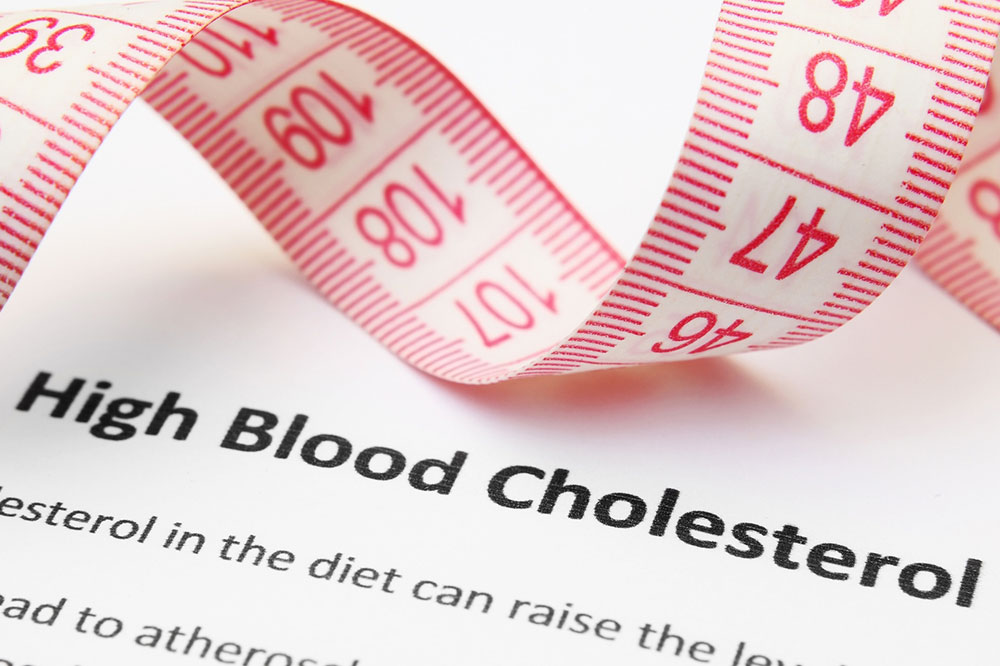Understanding Peptic Ulcers: Symptoms, Causes, and Potential Dangers
Peptic ulcers cause open sores in the stomach and small intestine, presenting symptoms like burning pain, nausea, and bleeding. Causes include bacterial infection and medication use, with risks of bleeding and perforation if untreated. Lifestyle choices also influence risk. Early diagnosis and lifestyle changes are key to prevention and management.
Sponsored

Peptic ulcers impact approximately 4.6 million individuals in the United States annually. These ulcers are open sores found on the lining of the stomach or the upper part of the small intestine. The two main types are duodenal ulcers and gastric ulcers. Here, we explore the signs, underlying causes, and health risks associated with this condition.
Signs of Peptic Ulcers
The most common symptom is a burning sensation or pain in the stomach area, often intensifying at night or between meals. This discomfort worsens with stomach acid.
The presence of excess stomach acid can exacerbate these symptoms. Additional signs include bloating, a feeling of fullness, nausea, and heartburn. Other warning indicators include:
Vomiting blood
Dark stools indicating blood loss
Difficulty breathing
Dizziness or faintness
Nausea
Unexplained weight loss
Altered appetite
Temporary relief can sometimes be achieved with antacid medication; however, persistent symptoms require medical attention.
Causes of Peptic Ulcers
Various factors may lead to the development of peptic ulcers. The damage results when stomach acid breaches the lining of the stomach or small intestine.
One primary cause is infection with the bacteria Helicobacter pylori, which resides in the protective mucus layer of the stomach and intestine. This bacteria can cause inflammation and ulcers, transmitted through contaminated water, food, or close contact.
Certain medications, particularly nonsteroidal anti-inflammatory drugs (NSAIDs) such as ibuprofen, naproxen, and ketoprofen, can irritate the stomach lining and lead to ulcers. Other drugs, including steroids, low-dose aspirin, anticoagulants, and bisphosphonates, can increase this risk.
Health Risks of Peptic Ulcers
If untreated, peptic ulcers can result in serious complications such as internal bleeding, anemia, or even perforation of the stomach or intestinal wall, risking severe infection. They can also cause blockages in digestion, leading to weight loss and persistent vomiting. Lifestyle factors like excessive spicy food intake, alcohol consumption, and smoking can raise the risk. Adopting a healthier lifestyle can help prevent this condition.






